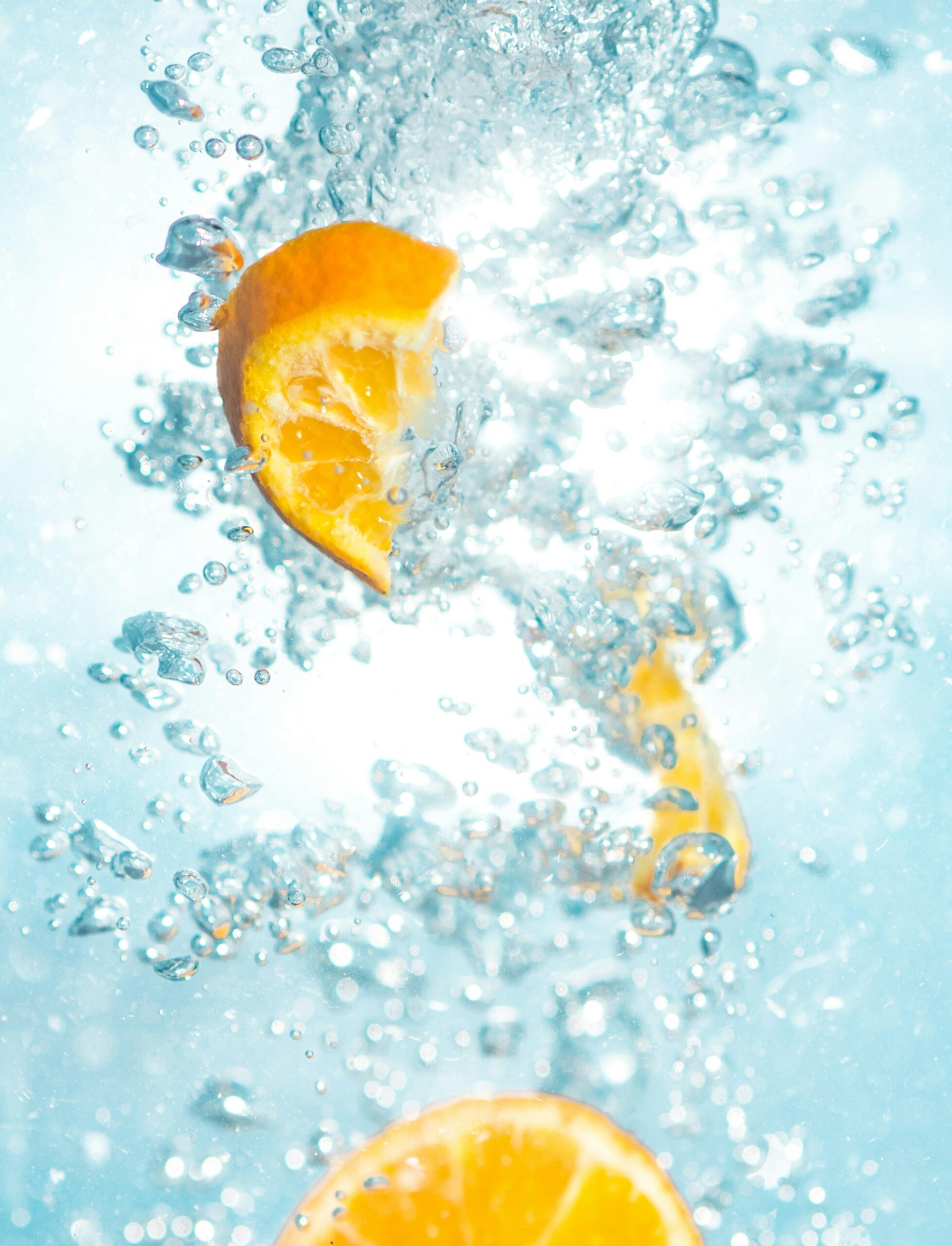

Introduction to the Importance of Hydration
Water is life. It’s a simple phrase, but it carries immense weight. Every cell in our body relies on this clear, tasteless liquid to function optimally. Yet, many of us overlook the power of hydration in our daily lives. We often forget how vital water is for more than just quenching thirst.
Think about your day: you wake up, grab a coffee, and rush out the door without a second thought for that glass of water waiting patiently on the counter. But what if I told you that staying hydrated can influence everything from your mood to your metabolism? Understanding the importance of drinking enough water isn’t just beneficial—it’s essential for maintaining good health and enhancing overall well-being.
Let’s dive deeper into why keeping your hydration levels in check should be one of your top priorities.
The Science Behind Water and Our Bodies
Water is fundamental to life. It makes up about 60% of our bodies, playing a crucial role in nearly every bodily function.
Our cells rely on water for nutrient transportation and waste removal. This fluid helps maintain cellular structure, ensuring everything operates smoothly.
In addition to supporting digestion and metabolism, water regulates body temperature through sweating. When we heat up, sweat evaporates off our skin, cooling us down effectively.
Moreover, hydration impacts cognitive function. Even mild dehydration can lead to difficulties in concentration and mood swings.
The balance of electrolytes also hinges on adequate water intake. Sodium and potassium levels must be maintained for muscles to contract properly and nerves to communicate efficiently.
Understanding these processes emphasizes why staying hydrated is not just beneficial but essential for overall well-being.
Signs of Dehydration and Its Impact on Health
Dehydration can sneak up on you, often manifesting through subtle signs. Dry mouth and increased thirst are the most obvious indicators. But there’s more to watch for.
Fatigue is another common symptom. When your body lacks water, energy levels plummet. You might find it harder to concentrate or feel unusually tired.
Urine color is a telling sign as well. Dark yellow urine indicates that you may not be drinking enough fluids, while clear urine suggests proper hydration.
Headaches can also signal dehydration. The brain temporarily contracts when fluid levels drop, leading to pain and discomfort.
In severe cases, dehydration can impact kidney function and lead to urinary tract infections or even kidney stones. Staying vigilant about these symptoms helps maintain your health and well-being in the long run.
Benefits of Drinking Enough Water Daily
Drinking enough water daily offers numerous benefits that can enhance your overall well-being. Hydration plays a crucial role in maintaining energy levels. A well-hydrated body functions more efficiently, helping you stay alert and focused throughout the day.
Water also aids digestion by facilitating nutrient absorption and preventing constipation. It keeps your gastrointestinal tract running smoothly, allowing you to enjoy meals without discomfort.
Healthy skin is another perk of adequate hydration. Water helps maintain elasticity and combats dryness, resulting in a radiant complexion.
Additionally, proper hydration supports weight management. Sometimes our bodies confuse thirst with hunger. Staying hydrated can help curb unnecessary snacking.
Drinking sufficient water promotes kidney health by flushing out toxins and waste products from your system. This reduces the risk of developing kidney stones or urinary infections over time.
Tips for Staying Hydrated Throughout the Day
To stay hydrated, start your day with a glass of water. It kickstarts your metabolism and sets a refreshing tone.
Keep a reusable water bottle within reach. Having it nearby serves as a constant reminder to sip throughout the day.
Incorporate hydration into your routine by drinking water at specific times—before meals or during breaks at work. This makes it easier to remember.
Add flavor to plain water with fruits, herbs, or cucumber slices. Infused waters can make hydration more enjoyable while boosting nutrients.
Set reminders on your phone if you tend to forget. Simple alerts can help establish healthy habits and keep you on track.
Eat foods high in water content like watermelon, cucumbers, or oranges for an added boost in hydration without feeling bloated.
Conclusion: Making Hydration a Priority for Overall Health and Wellness
Staying hydrated is more than just a health trend; it’s a vital part of maintaining your overall well-being. Water plays an essential role in many bodily functions, from regulating temperature to supporting metabolism. Prioritizing hydration can lead to improved energy levels, better digestion, and enhanced cognitive function.
Making simple changes can help you meet your daily water intake goals. Carrying a reusable water bottle or setting reminders on your phone can serve as helpful strategies. Listen to your body—if you feel thirsty, it’s time for a drink.
Remember that hydration doesn’t only come from plain water. Foods like fruits and vegetables also contribute significantly to your fluid intake. Embrace these options for variety.
By consistently making the effort to hydrate properly, you’ll pave the way for healthier habits and enjoy numerous benefits along the way. Make hydration a non-negotiable part of your day-to-day routine—it truly matters!
